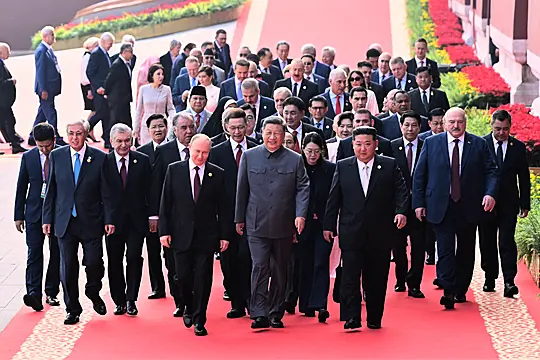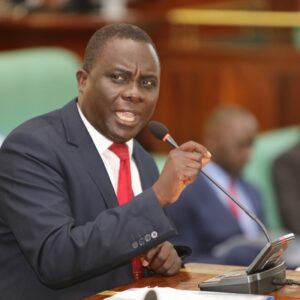A highly public and emotionally charged split between NBS TV journalist Canary Mugume and socialite-philanthropist Sasha Ferguson has triggered a nationwide conversation about domestic violence, gender bias, and the challenges of seeking justice within Uganda’s family system. The couple, once celebrated as one of Uganda’s most glamorous media power pairs, announced their separation earlier this year, ending a decade-long relationship and a widely publicized 2021 wedding. They share two young children.
Earlier today, Ferguson, 32, released a deeply personal statement on Instagram accusing Mugume of physical and emotional abuse throughout their marriage. Describing her decision to leave as one made “to protect my children and myself,” she alleged repeated incidents of violence and manipulation that she said were dismissed by those close to her husband, who often prioritised his public image. Her post, which included images she implied referenced the abuse she endured, spread rapidly and drew strong reactions from women’s rights activists and members of the public who argued that her experience mirrors the wider crisis of intimate partner violence in the country.
Uganda continues to grapple with high rates of domestic abuse. A 2023 Uganda Bureau of Statistics report found that 53% of women aged 15–49 have experienced physical or sexual violence by a partner. Advocacy groups such as UN Women Uganda have long warned that silence, shame, and fear of backlash keep most victims from reporting abuse. Ferguson’s claims, many commentators noted, reflect the lived realities of thousands of Ugandan women who struggle to find support within their families, police systems, and communities.
Mugume, 35, issued a swift rebuttal, denying all allegations and presenting himself as a victim of domestic violence instead. In a detailed statement, he claimed to have photographic evidence of injuries inflicted by Ferguson and said he often avoided retaliation to keep conflicts from escalating. “There’s been an attempt to label me an abuser and an irresponsible father,” he wrote, adding that he is “among the unreported statistics of men who experience domestic violence.” He emphasised his financial support for their children, pointing to a court-granted custody ruling that he said was based on what the court considered Ferguson’s “desertion” of the children during one of her overseas trips. Despite this ruling, he claimed he had been denied access to his children for nearly a year, accusing the system of failing to enforce court orders.
Human rights organisations, including Amnesty International, have previously criticised gaps in implementing Uganda’s Domestic Violence Act of 2010, noting that enforcement remains inconsistent and victims, regardless of gender, often face delays, indifference or secondary trauma when seeking help. These institutional weaknesses surfaced repeatedly in the online discussions, with many users reflecting on their own custody battles, unreported abuse, and the mental-health toll of prolonged domestic conflict.
The online reaction to the couple’s statements quickly grew polarised. Women’s rights advocates framed Ferguson’s account as a reflection of a widespread national problem in which survivors are doubted, shamed or pressured into silence. Men’s mental-health supporters, on the other hand, said Mugume’s account exposed a less-discussed issue: male victims who fear coming forward due to stigma and the assumption that men cannot be abused. The debate revealed deep societal divisions, with social media timelines filled with personal testimonies, calls for balanced investigations, and pleas for empathy toward both parties and their children.
As the story escalated, past controversies resurfaced, including earlier rumours and scandals Mugume publicly addressed in 2021. Ferguson, meanwhile, has consistently dismissed speculation around DNA tests involving their second child—allegations she previously called malicious and unfounded. The resurfacing of these narratives intensified public scrutiny and fuelled further speculation about the couple’s turbulent final months together.
Family therapists and children’s rights advocates warned that the public nature of this dispute risks harming the emotional wellbeing of the children at the centre of the conflict. Organisations such as Raising Voices have long cautioned that public parental conflict can create long-term psychological distress, even when children are not directly exposed to the alleged abuse. Experts urged both sides and their supporters to prioritise the safety and privacy of the children as investigations or mediations unfold.






